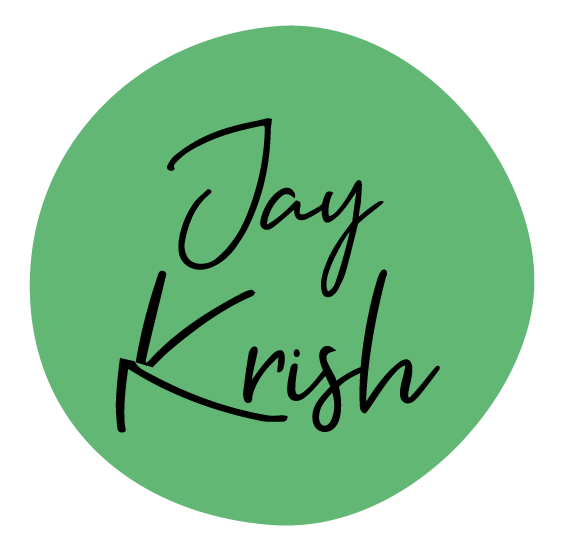Forgive me for the rather long title. But then again, it is still within the 8-word limit, which is presumably the threshold of an effective headline. But then again again, this and pretty much every other ad-rule that you and I have painstakingly learned over the years could turn out to be antiquated junk. Remember the ‘cow-gum’ anyone?
While we’re haggling on the most catchy headline or where not the place the logo or how many more slides it will take to convince the client, the industry is evolving at breakneck speed, right under our noses. Ignore the signs at your own peril:
1. Mass advertising is dying: TV audiences are dwindling, newspapers are seeing reduced readership and radio listeners are tuning out.
2. Consumers are becoming or are already smarter: with a wealth of information just a search away, consumers are making purchase decisions way before they even go to a retail outlet or pick up the phone.
3. Clients are becoming increasingly results oriented: viewership, readership and strong creative do not faze clients anymore. It’s Click-Through-Rates, Page Views, Cost Per Impression. Bottom line… ROI.
4. Ads have to work harder and quicker with the amount of clutter that permeates the media. Consumers are seeing through the creative fluff, which is becoming increasingly cheesy.
5. Shouting FREE! and EXCLUSIVE! don’t seem to work: okay, let me rephrase, they don’t seem to work as well as they used to. The audience know exactly what they want and crave relevancy, quality and newness over freebies or empty promises.
These are just 5 early warning signs, from the top of my head, pointing to an advertising future that may become unrecognizable sooner than you think. I guess we’d all be happily trudging along had it not been for the internet, which is threatening the livelihood of traditional advertising. But the web is not the only contributor to these winds of change.
There’s a far more powerful force that is dictating the evolution of advertising, and yet we hardly notice. If fact, we are part of this force as every time we use it, it becomes better. This entity began with a humble quest of ‘organizing the world’s information’ and I must say it have succeeded admirably. I am referring to none other than our favourite surfing buddy… Google.
What has Google got to do with advertising you ask? Everything I say. For the average user, Google is a tool to search for content online. Google’s business is search, and it was just search in the beginning. Slowly but surely, Google has evolved into a media cum content cum advertising agency. It has made advertising even more transparent, bridging the divide between advertisers and potential customers. There will come a time where you will be able to buy almost anything online (if that’s not the case already). No more fancy advertising agency, kick-ass creative or mind-boggling strategies.
Advertiser signs up for a Google account, and with a ridiculously low budget creates a targeted, virtually risk-free advertising campaign. Consumers search for a product or service, sees the sponsored link on the results page by an advertiser and clicks on it. The consumers are now at the advertiser’s doorstep to be done with as pleased. Simple, effective, direct, focused, efficient and economical.
You may argue that this is just an online trend. How would this work in a real, physical world? Technology is moving at such a blinding pace that we will become more and more wired as the years or even months roll on. There are web-enabled mobile phones, GPS navigation systems and the now humble laptops to encroach into our increasingly wired world.
Imagine this scenario:
You walk out for lunch from your city-centre corporate office. The restaurants are crowded, there’s hardly a spot for you and your lunch buddies.
Normally, you would ‘tapau’ and dine on your desk while pretending to be a model employee. Well, that’s so… hmmmm… 2.0. Fast forward a few years into the future and this is how your lunchtime might pan out.
You whip out your phone (which is a PDA cum netbook cum camera cum navigator cum alarm clock) and search for restaurants with a table for four in your area. You make a reservation, which will be held for, say, 10 minutes.
Now that’s lunching made easy. Now where does advertising come in all this? Can you see it? Subtle but effective. The restaurants will actually pay the Lunch Search Service to be listed.
Isn’t that advertising at its fundamental form? Connecting businesses with potential customers? No art direction, no compelling copy, no insightful strats… no fuss!
You know what? It’s not too far away I tell you.
